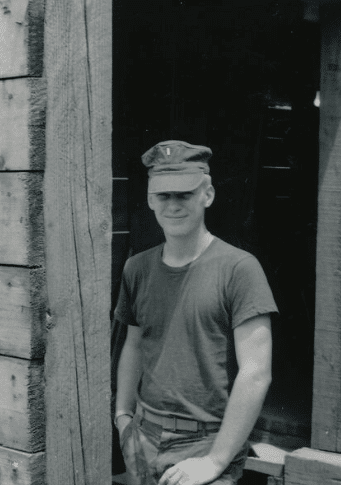If you’re over 55 and looking for a job, you know it’s not easy. It may be little comfort to know that others find themselves in the same boat.
More than 1,764,000 Americans between the ages of 55 and 64 years old are looking for work. ConsumerMojo’s analysis of data from the Bureau of Labor Statistics found that another 853,00 older job seekers are considered “discouraged” workers.
They stopped looking for jobs and yet they want to work and may need the income.
![]()
At a recent job fair in Brooklyn, New York, we found that most of the people handing out resumes were older job seekers.
It was a discouraging day for them. They went from table to table in the big school gym and found employers weren’t interested. Vivienne Davis, in her mid-fifties said, “They seem to be geared to youth training; it’s not for people like myself.”
Even when the job didn’t involve training, prospective employers were polite but brushed off older applicants. Elaine Prosser, in her late fifties, told us, “They feel you are too old.”
Jeri Mendelsohn, Associate Director of the Samuel Field Y in Queens, New York, oversees programs that aim to help older workers.
She says many older workers “don’t have a skill set to translate into the new normal very well.”
GET A LITTLE INSPIRATION with LIVING!![]()
Sue Resnick, a job trainer and counselor at the Met Council part of the UJA, agrees: “The overriding issue is either their skills are outdated or unfortunately they are in fields that they didn’t play catch up in.”
But this doesn’t mean that older workers should give up.
Mendelsohn says, “I think there have to be ways of making 50-plus workers in the workforce become more technologically independent and confident so that they can be an important team member.”
Sue Resnick says, “If you can bring something to an office environment that no one else can, you have to put it on your resume.”
- Tip 1 Update your resume immediately.
- Include anything that makes you special
- Include the foreign language or languages you speak.
You may not like the idea, but it is important to get comfortable with social media.
- Tip 2 Make LinkedIn, Facebook and Twitter your friends. Social media helps you connect to others who can help in the job search. And it may be important to the job.
- Many online sites offer guides to using social media.
- If you need one on one help ask a younger family member to show you how they navigate social media.
- Tip 3 Research a company before a job interview.
- When you get a job interview, it’s extremely important to prepare.
- Find out as much as you can about the company before the interview so you can talk knowledgeably when you sit down. Learn exactly what the company does, who leads it, what it earns and where it stands in relation to its competitors.
- Tip 4 Choose areas that you really want to work in. Even if it’s not the field that you’ve left behind, try to pick a company or organization that’s involved in work that interests you.
It’s extremely hard to start all over again. But some of us have to do that.
- Tip 5 Think about reinventing yourself and investigate new fields to work in
LET US KNOW IF THESE TIPS ARE USEFUL.
PUT YOUR COMMENTS BELOW.
RESOURCES
More attention is being paid to the growing need to help older workers retrain and find jobs. Not-for-profits like the Samuel Field Y and Met Council in New York provide training programs. And organizations all around the country offer similar programs. A Google search may help you find the right one in your area.
In addition many state labor departments offer services for older workers. We’ve provided links for several states whose websites feature information specifically for older job seekers.
![]()



